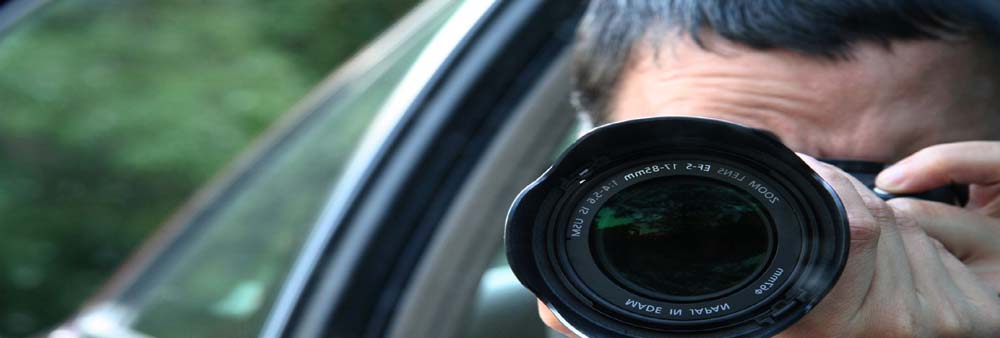FAQ
Nature of the Work
Private detectives and investigators use many means to determine the facts in a variety of matters. To carry out investigations, they may use various types of surveillance or searches. To verify facts, such as an individual’s place of employment or income, they may make phone calls or visit a subject’s workplace. In other cases, especially those involving missing persons and background checks, investigators often interview people to gather as much information as possible about an individual. In all cases, private detectives and investigators assist attorneys, businesses, and the public with a variety of legal, financial, and personal problems.
Private detectives and investigators offer many services, including executive, corporate, and celebrity protection; pre-employment verification; and individual background profiles. They also provide assistance in civil liability and personal injury cases, insurance claims and fraud, child custody and protection cases, and premarital screening. Increasingly, they are hired to investigate individuals to prove or disprove infidelity.
Most detectives and investigators are trained to perform physical surveillance, often for long periods, in a car or van. They may observe a site, such as the home of a subject, from an inconspicuous location. The surveillance continues using still and video cameras, binoculars, and a cell phone, until the desired evidence is obtained. They also may perform computer database searches, or work with someone who does. Computers allow detectives and investigators to quickly obtain massive amounts of information on individuals’ prior arrests, convictions, and civil legal judgments; telephone numbers; motor vehicle registrations; association and club memberships; and other matters.
The duties of private detectives and investigators depend on the needs of their client. In cases for employers involving workers’ fraudulent compensation claims, for example, investigators may carry out long-term covert observation of subjects. If an investigator observes a subject performing an activity that contradicts injuries stated in a workers’ compensation claim, the investigator would take video or still photographs to document the activity and report it to the client.
Private detectives and investigators often specialize. Those who focus on intellectual property theft, for example, investigate and document acts of piracy, help clients stop the illegal activity, and provide intelligence for prosecution and civil action. Other investigators specialize in developing financial profiles and asset searches. Their reports reflect information gathered through interviews, investigation and surveillance, and research, including review of public documents.
Legal investigators specialize in cases involving the courts and are normally employed by law firms or lawyers. They frequently assist in preparing criminal defenses, locating witnesses, serving legal documents, interviewing police and prospective witnesses, and gathering and reviewing evidence. Legal investigators also may collect information on the parties to the litigation, take photographs, testify in court, and assemble evidence and reports for trials.
Corporate investigators conduct internal and external investigations for corporations other than investigative firms. In internal investigations, they may investigate drug use in the workplace, ensure that expense accounts are not abused, or determine if employees are stealing merchandise or information. External investigations typically prevent criminal schemes originating outside the corporation, such as theft of company assets through fraudulent billing of products by suppliers.
Detectives who work for retail stores or hotels are responsible for loss control and asset protection. Store detectives, also known as loss prevention agents, safeguard the assets of retail stores by apprehending anyone attempting to steal merchandise or destroy store property. They prevent theft by shoplifters, vendor representatives, delivery personnel, and even store employees. Store detectives also conduct periodic inspections of stock areas, dressing rooms, and restrooms, and sometimes assist in opening and closing the store. They may prepare loss prevention and security reports for management and testify in court against persons they apprehend.






